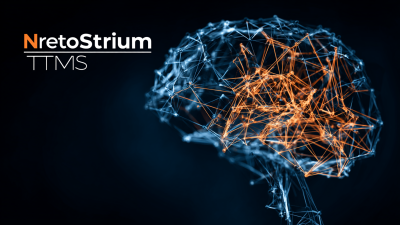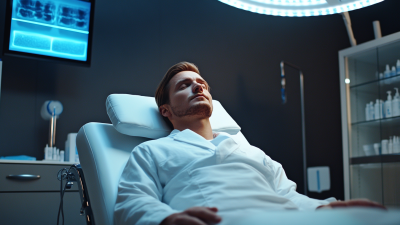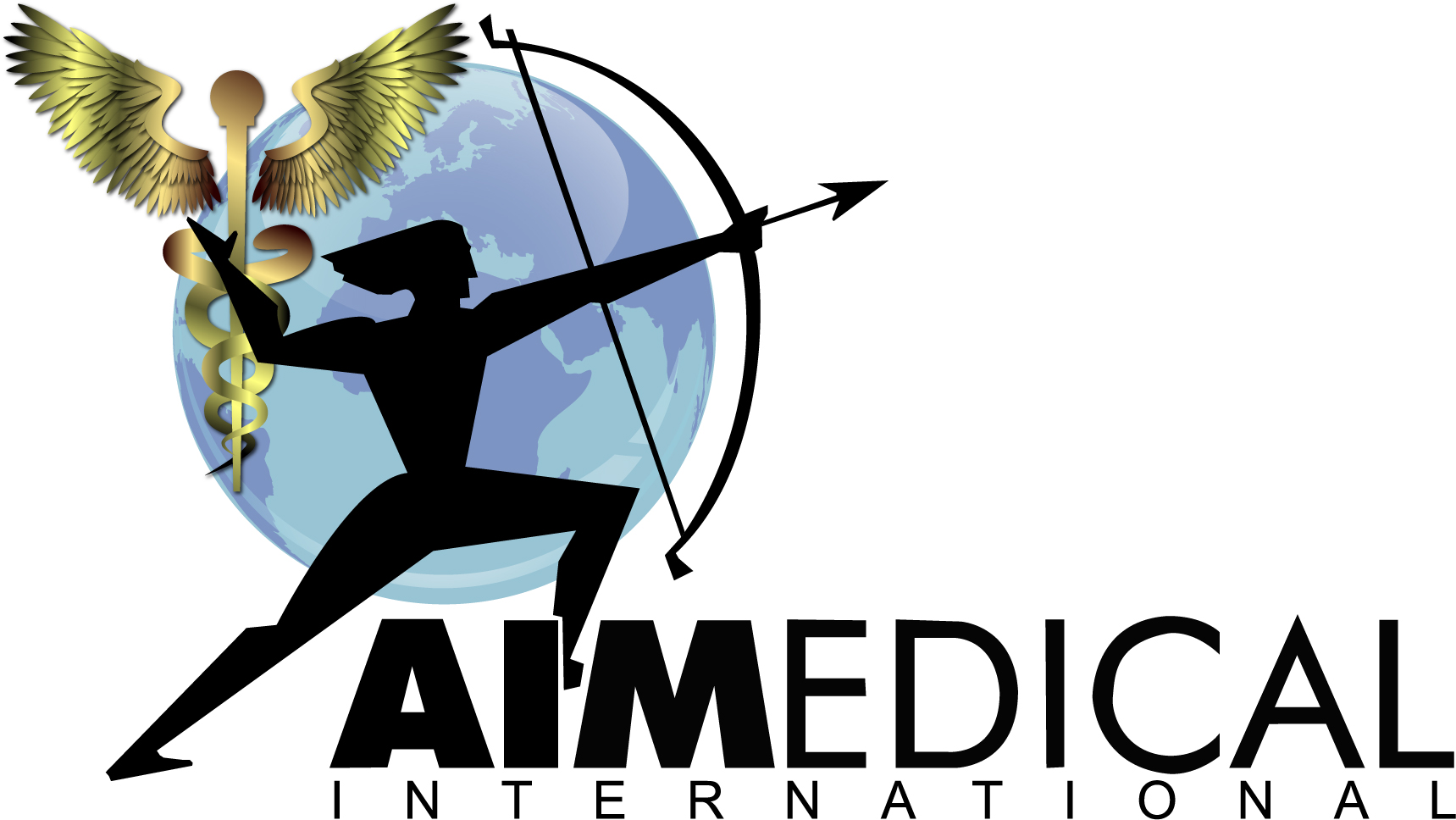Unlocking Efficiency: The Future of TMS Machines for Sale in Modern Healthcare
In the rapidly evolving landscape of modern healthcare, efficiency remains paramount, driving innovations in medical technologies such as Transcranial Magnetic Stimulation (TMS) machines. According to the latest report by Grand View Research, the global TMS therapy market is expected to reach USD 1.94 billion by 2027, reflecting a compound annual growth rate (CAGR) of 15.2%. As the demand for non-invasive treatments for depression and other neurological conditions rises, the availability of TMS machines for sale is becoming increasingly crucial for healthcare facilities aiming to enhance patient care and operational productivity.

With advancements in TMS technology, such as improved efficacy and reduced treatment times, healthcare providers are presented with the opportunity to integrate these cutting-edge machines into their practice. This article will explore key strategies and considerations for successfully implementing TMS machines for sale in clinical settings, ultimately unlocking new levels of efficiency and patient satisfaction in mental health treatment.
The Rise of TMS Machines: Revolutionizing Healthcare Delivery
The rise of Transcranial Magnetic Stimulation (TMS) machines marks a pivotal transformation in healthcare delivery, particularly in mental health treatment. According to the American Psychiatric Association, over 40 million adults in the U.S. suffer from anxiety disorders, highlighting the pressing need for effective therapeutic solutions. TMS therapy, which uses magnetic fields to stimulate nerve cells in the brain, has shown a remarkable success rate, with nearly 58% of patients experiencing significant improvement in their symptoms after treatment. This non-invasive approach provides a promising alternative for those who do not respond to traditional medications, reducing the time-to-remission.

Tips: For healthcare providers considering TMS machines for their practice, it's crucial to stay informed about the latest technology developments and clinical outcomes. Regularly reviewing studies, such as those from the Journal of Clinical Psychiatry, can help in understanding the long-term efficacy and patient satisfaction rates associated with TMS therapy. Moreover, creating a patient referral network can enhance treatment accessibility for those in need of state-of-the-art mental health solutions.
As the demand for mental health services continues to grow, integrating TMS machines into healthcare facilities represents not just a trend, but a necessary evolution in treatment methodologies. The increased awareness and adoption of TMS technology can lead to improved patient outcomes and greater efficiency in healthcare delivery.
Integrating Digital Solutions: Enhancing TMS Machine Efficiency
In the rapidly evolving landscape of modern healthcare, integrating digital solutions into TMS (Transcranial Magnetic Stimulation) machines is transforming their efficiency and effectiveness. Advanced software and IoT capabilities enhance the precision of treatment protocols, allowing for more tailored and adaptive therapies. By leveraging data analytics, practitioners can gain insights into patient responses, optimizing treatment schedules and improving outcomes.
Furthermore, the incorporation of artificial intelligence is streamlining the operation of TMS machines. AI algorithms can predict and identify the most effective stimulation patterns based on individual patient data, minimizing trial and error. This not only saves time but also increases patient satisfaction by offering a more personalized approach to mental health treatments.
As healthcare continues to embrace technology, the future of TMS machines looks promising, fundamentally reshaping how mental health conditions are treated and managed.
Future-Ready TMS Machines: Key Features to Look For
The future of Transcranial Magnetic Stimulation (TMS) machines in modern healthcare promises a shift towards enhanced efficiency and patient care. As healthcare providers look for advanced solutions to combat mental health issues, future-ready TMS machines are equipped with features that optimize treatment delivery. One essential feature to consider is the machine’s adaptability to various treatment protocols. Machines that can support personalized settings allow practitioners to tailor sessions to individual patient needs, enhancing treatment effectiveness.

Another key feature is the integration of advanced imaging technology. TMS machines that incorporate real-time brain mapping capabilities not only ensure precise targeting but also contribute to better patient outcomes. This technology helps clinicians understand each patient’s unique brain activity patterns, allowing for more informed decision-making during therapy.
Additionally, ease of use and streamlined workflows are vital in a busy healthcare environment. User-friendly interfaces and automated calibration processes can significantly reduce setup times, enabling practitioners to focus more on patient interaction rather than technical adjustments. As these features continue to evolve, TMS machines will likely play a critical role in the future of mental health treatments.
Impact of TMS on Patient Outcomes: A Data-Driven Perspective
Transcranial Magnetic Stimulation (TMS) has emerged as a groundbreaking treatment modality in modern healthcare, particularly for patients suffering from depression and other neurological disorders. Utilizing electromagnetic fields to stimulate nerve cells in the brain, TMS has been shown to yield significant improvements in patient outcomes. Research indicates that a substantial percentage of patients experience relief from symptoms after a series of sessions, making TMS a viable alternative to traditional treatments. The data-driven aspect of TMS highlights its growing popularity based on measurable patient success rates, and this is reshaping the conversation around mental health therapies.
When considering TMS treatment, patients and healthcare providers should bear in mind a few essential tips. First, seek facilities that offer comprehensive pre-treatment assessments to determine eligibility for TMS therapy. Second, understand the importance of adherence to the treatment protocol; consistent sessions maximize the potential benefits. Lastly, always remain in constant communication with your healthcare provider to gauge progress and address any concerns, ensuring a tailored approach to your health needs. These best practices can enhance the overall efficacy of TMS, allowing for a more informed and supportive journey toward recovery.
Impact of TMS on Patient Outcomes
Navigating the Market: Best Practices for Acquiring TMS Machines
Acquiring TMS (Transcranial Magnetic Stimulation) machines requires a careful approach to ensure the best outcomes for modern healthcare providers. First, understanding the various types of TMS technology available is crucial. Machines can differ significantly in their specifications, treatment capabilities, and user-friendliness. Healthcare professionals should invest time in researching different manufacturers and models, considering factors such as durability, support services, and the latest innovations in TMS technology that enhance patient safety and treatment efficacy.
Additionally, financial considerations play a key role in the acquisition process. Establishing a budget that accommodates not just the purchase price but also ongoing maintenance and training for staff is essential. Partnering with financial advisors or TMS equipment specialists can provide insights into leasing versus purchasing options, financing plans, and potential reimbursements from insurance providers. By adopting a comprehensive strategy that emphasizes both practical and financial aspects, healthcare organizations can effectively navigate the TMS market and make informed decisions that align with their operational goals and patient care objectives.
Unlocking Efficiency: The Future of TMS Machines for Sale in Modern Healthcare
| Dimension | Details |
|---|---|
| Average Price Range | $60,000 - $130,000 |
| Common Specifications | Frequency: 1 - 50 Hz, Pulse Width: 250 μs |
| Warranty Period | 3 - 5 years |
| Maintenance Frequency | Every 6 months |
| Training Time for Staff | 2 - 4 weeks |
| Common Indications | Depression, Anxiety, PTSD |
| Market Growth Rate | 15% CAGR (2023-2028) |
| Leading Regions | North America, Europe, Asia-Pacific |
Related Posts
-

Unlocking Growth: TMS Machines for Sale at the 138th Canton Fair 2025 Amidst a 12% Increase in Industry Demand
-

Advantages of Understanding Tms Machine Cost for Global Buyers
-

The Definitive Resource for Global Buyers: Exploring the TMS At Home Device Revolution
-

Ultimate Guide to Exploring Tms Depression Treatment Options for Global Buyers
-

Global Market Trends for Best Neurostim Tms by 2025 with Real World Examples
-

Revolutionizing Pain Management with Cutting Edge Tms Device Technology
